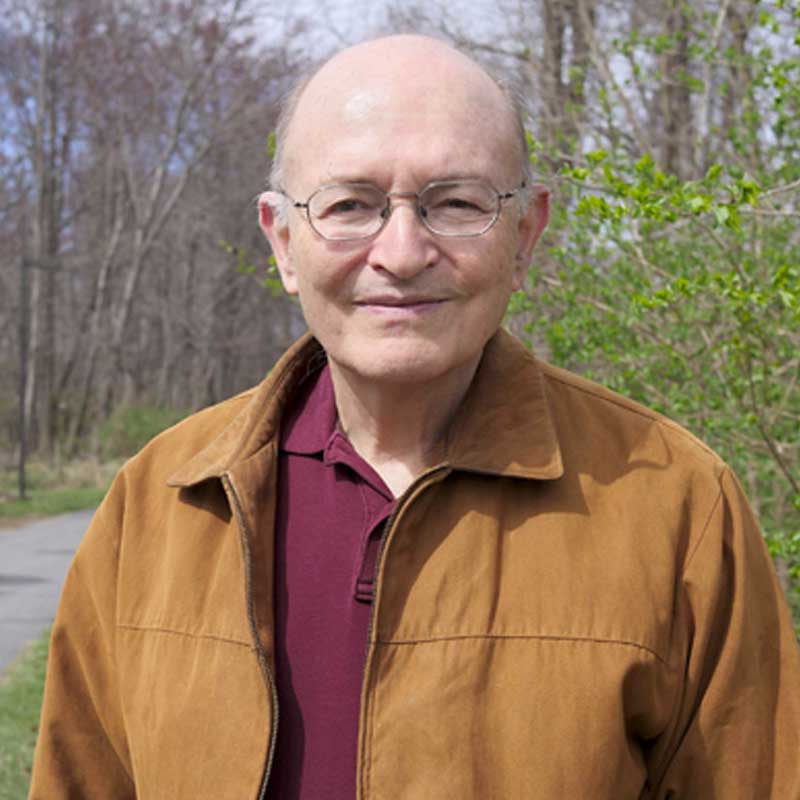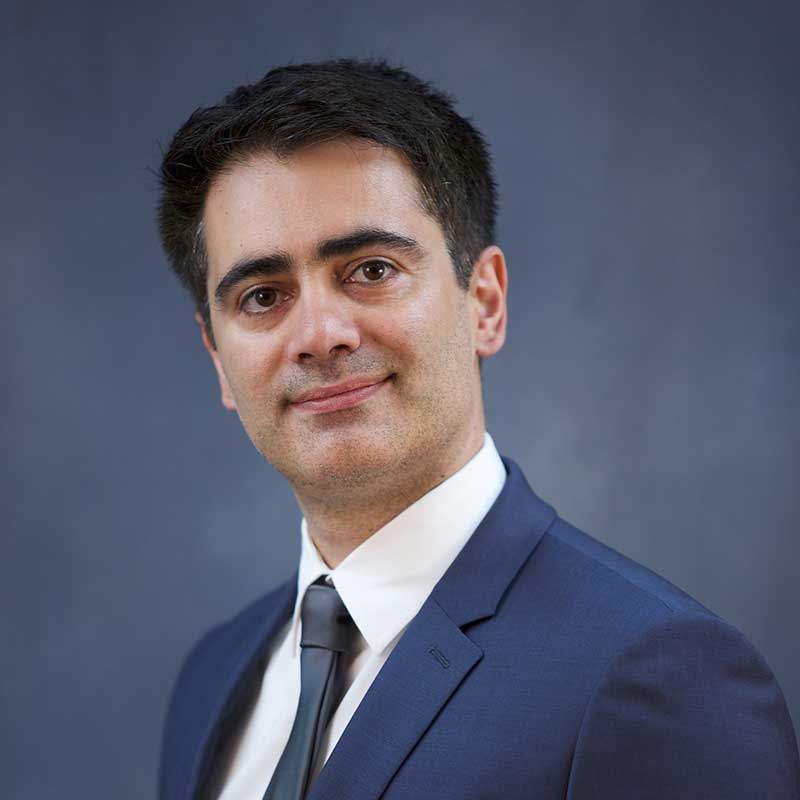News Story
Ott Elected to National Academy of Sciences

University of Maryland (UMD) Distinguished University Professor Edward Ott was elected to the National Academy of Sciences in recognition of his distinguished and continuing achievements in original research.
“I feel greatly honored by this recognition of my work, and also regard this as a recognition of the important role that the general field in which I have mostly worked—nonlinear dynamics and chaos—is now playing in science and technology research,” said Ott on the recognition.
Throughout his career, Ott has conducted research in a variety of areas, including basic theory and applications on nonlinear dynamics, wave chaos, control of chaos, fractal basin boundaries, dynamics of large, interconnected networks, chaotic dynamics of fluids, models of brain dynamics and learning and weather prediction.
“Professor Ott has made seminal contributions in the field of nonlinear dynamics, including foundational work in chaos theory,” said Joseph JaJa, Department of Computer and Electrical Engineering Professor and Interim Chair. “Using these foundations, he developed novel solutions to many applications including modeling of neurological behavior, weather forecasting, and controlling chaotic behavior. In addition to being an amazing scholar, Professor Ott is an excellent educator and mentor, and a wonderful citizen of the Electrical and Computer Engineering Department.”
Ott holds joint appointments in Electrical and Computer Engineering and the Institute for Research in Electronics & Applied Physics (IREAP), and the Department of Physics and the College of Computer, Mathematical and Natural Sciences.
He is a Foreign Member of the Academia Europaea in 2020, is a Fellow of the Institute of Electrical and Electronics Engineers, Fellow of the American Physical Society, Fellow of the Society for Industrial and Applied Mathematics and Fellow of the World Innovation Foundation and received the Clark School of Engineering Outstanding Faculty Research Award in 2005.
He joined the University of Maryland in 1979, after more than a decade as a faculty member at Cornell University. He received his B.S. in Electrical Engineering from The Cooper Union, and his M.S. and Ph.D. in Electrophysics at the Polytechnic Institute of Brooklyn, followed by an NSF Postdoctoral Fellowship at Cambridge University.
Founded in 1863, the National Academy of Sciences (NAS) is a non-profit, non-governmental organization that was established by an Act of Congress and approved by Abraham Lincoln. Its mission is to “provide independent, objective advise to the nation on matters related to science and technology.”
Due to its reputation of excellence, membership is considered a high honor in the scientific community. This year, in recognition of distinguished and continuing achievements in original research, the Academy announced 120 new members plus 30 international members. Those elected bring the total number of active members to 2512, plus 517 international members.
Published May 17, 2022









